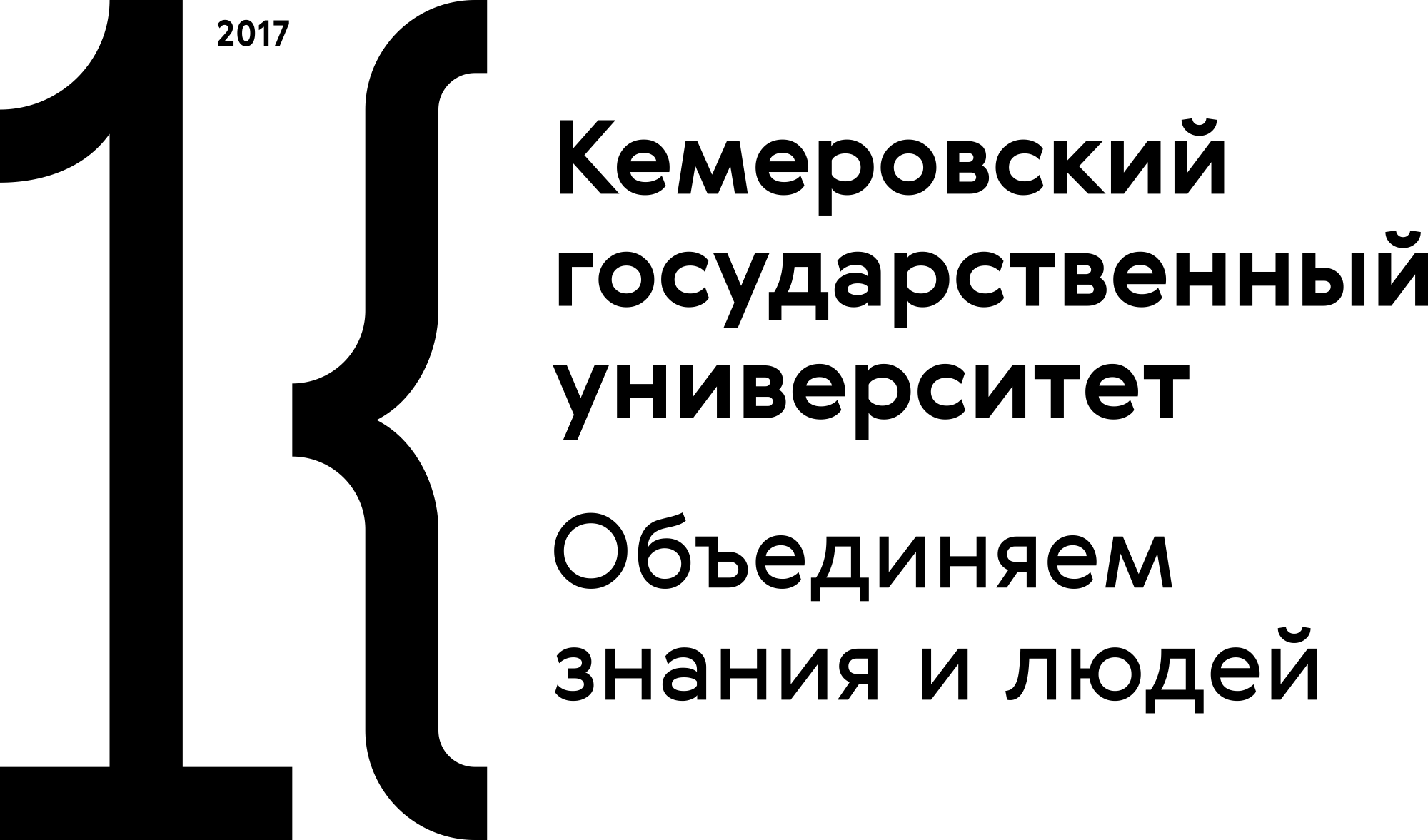Nizhniy Novgorod, Russian Federation
Nizhniy Novgorod, Russian Federation
The present research featured the public diplomacy of Russia in Armenia. The paper focuses on the activity of the Russian Orthodox Church as an institute of civil society in the context of Russian public diplomacy. It describes mechanisms and instruments used by religious organizations in Armenia. The research objective was to analyze the presence of the Russian Orthodox Church in Armenia as a special part of Russian public diplomacy mechanism. The authors employed analysis and synthesis to get a complex presentation of the subject, as well as induction and deduction to interpret facts. The historical method was used to study the phenomenon in its development. The network approach was used to study the current state of the phenomenon. The activity of the Russian Orthodox Church in Armenia is represented as part of Russian public diplomacy, which creates favorable conditions for achieving Russian foreign diplomacy goals. The results of the research can be used for studying principles and mechanisms of Russian public diplomacy. In conclusion, the authors claim that involvement of the Russian Orthodox Church in Russian public diplomacy can decrease the tension in Armenian public sphere. The tension is caused by various pseudo-religious movements that interfere with the restructuring of the local confessional space. Therefore, there is a growing need in a closer interaction between the Russian Orthodox Church and the Armenian apostolic church.
public diplomacy of Russia, public diplomacy, Armenian apostolic church, religious factor, proselytism, new religious movements
1. Arendt H. Vita activa oder vom tätigen leben, tr. Bibikhin V. V. Moscow: Ad Marginem, 2017, 416. (In Russ.)
2. Beck U. World at risk. Cambridge: Polity Press, 2009, 269.
3. Bernayz E. L. Propaganda, tr. Iushchenko I. V. Moscow: Karera Press, 2015, 176. (In Russ.)
4. Castells M. Communication power, tr. Tylevich N. M.; ed. Chernykh A. I. Moscow: Izdatelskii dom VShE, 2016, 563. (In Russ.)
5. Lebedeva M. M. Soft Power: The Concept and Approaches. Vestnik MGIMO-Universiteta, 2017, (3): 212-223. (In Russ.) DOI:https://doi.org/10.24833/2071-8160-2017-3-54-212-223
6. Nye J. S. The Future of Power, tr. Verchenko V. N. Moscow: AST, 2013, 444. (In Russ.)
7. Habermas J. Between facts and norms: Contributions to a discourse theory of law and democracy. Cambridge: MIT Press, 1996, 676.
8. Dvorkin A. L. Sectology. Totalitarian sects: The experience of systematic research, 3rd ed. Nizhny Novgorod: Izd-vo Bratstva vo imia Sv. kniazia Aleksandra Nevskogo, 2002, 813. (In Russ.)
9. Mikaelian G. The Armenian Apostolic Church and society in modern Armenia. The Greater Caucasus twenty years later: resources and identity policy strategy, comp. Guseinov G. Ch. Moscow: Novoe literaturnoe obozrenie, 2014, 216-259. (In Russ.)
10. Trofimchuk N. A., Svishchev M. P. Expansion. Moscow: Izd-vo RAGS, 2000, 218. (In Russ.)
11. Egilskii E. E., Matetskaia A. V., Samygin S. I. New religious movements: modern non-traditional religions and esoteric teachings. Moscow: KnoRus, 2011, 224. (In Russ.)
12. Yakovlev A. I. Religious factor in world politics at the age of globalization: from secularization to fundamentalism. Moscow University Journal of World Politics, 2013, (4): 4-38. (In Russ.)
13. Efimov A. B. Essays on the history of the missionary work of the Russian Orthodox Church. Moscow: Izd-vo PSTGU, 2007, 683. (In Russ.)
14. Lunkin R. N. The church and the foreign policy: from "Russian world" to the globalization. Nauchnye vedomosti BelGU. Ser. Istorija, Politologija, 2018, 45(1): 165-175. (In Russ.) DOI:https://doi.org/10.18413/2075-4458-2018-45-1-165-175
15. Gadzhiev K. S. The Caucasian knot in Russia's geopolitical priorities. Moscow: Logos, 2010, 532. (In Russ.)
16. Dolzhenko I. V. Economic and social life of Russian peasants in Eastern Armenia (late XIX - early XX centuries). Erevan: Izd-vo AN ArmSSR, 1985, 180. (In Russ.)

















